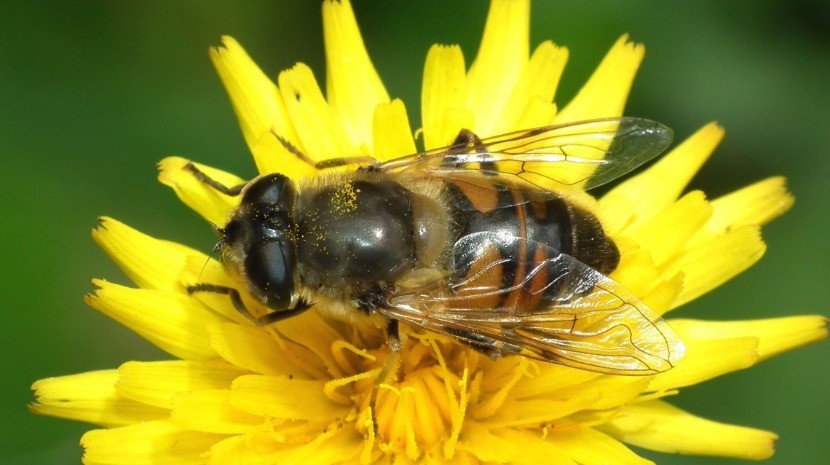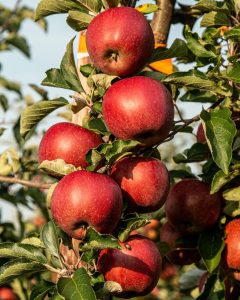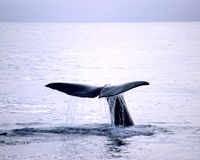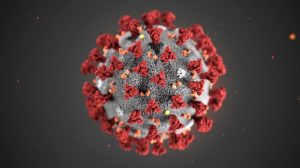As a whole, Portugal’s (including Madeira, which produces approximately 46 tonnes a year), honey sector was not significantly impacted by the pandemic, and is even showing signs of recovery after a series of ‘bad bee years (2018 – 2020)’ where production dropped by 80% due to the Asian wasp problem, and climatic change which has affected the flowering season of many plants.
Talking to reporters, the National Federation of Beekeepers of Portugal (FNAP), said that the pandemic had not affected the honey sector, purely as unlike other agricultural areas, apiarists were able to continue working throughout the lockdown periods, and therefore, sales were not impacted as in other sectors. However, as honey sales have a marked seasonality, which usually peaks between autumn and winter, those beekeepers who usually sell their produce at markets and fairs were obviously affected.
The Society of Beekeepers (SAP), believe that the future is promising despite the fact that the market is being adulterated by honey from third world countries, and whose poor labelling has created a severe problem for Portugal’s beekeepers. Especially, as many of these products are of low quality, cheaper and produced without adhering to European health and safety regulations.
With regard to the Asian wasp, both the FNAP and SAP confirm that it remains a problem, with the beekeeping society confirming that there is a lack of prevention and supervision. The wasp, continues to be an increasingly serious problem, especially as authorities are not taking the threat seriously enough, while many of the companies contracted to eliminate the pest, do so incorrectly, and instead of removing the problem actually increase wasp activity and the multiplication of nests.
Samantha Gannon
info at madeira-weekly.com








